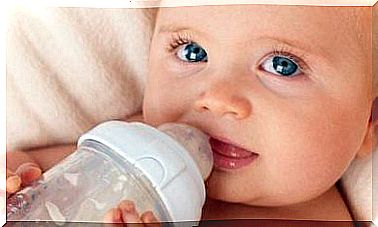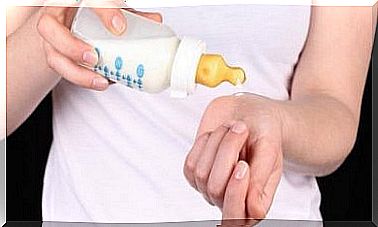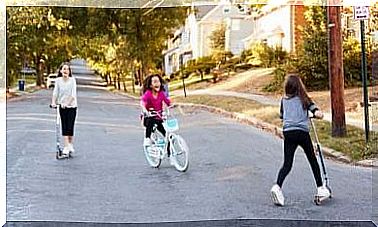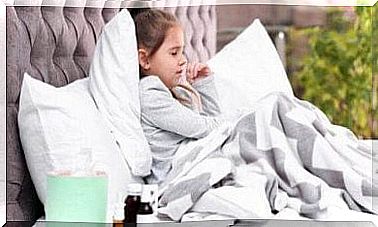Risks Of Giving Too Much Fruit Juice To Children
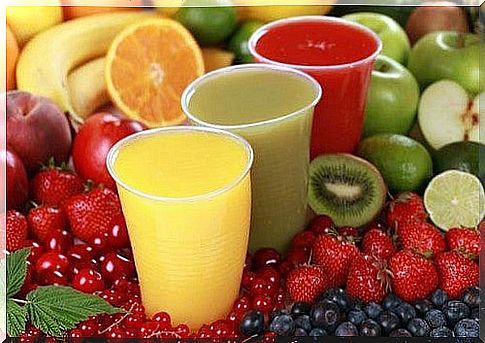
The juice is an ideal food for children, its nutritional properties are absolutely demonstrated; however, pediatricians have warned about the risks of its excessive consumption.
According to studies carried out by the American Academy of Pediatrics, the excessive administration of fruit juices can be harmful to the health of children in several elements of their system.
You should always opt for natural products. The composition of the fruit juice could be the key to whether or not this product is considered risky.
While not entirely bad, consuming too much fruit juice could create health problems related to nutrition, digestive system, and teeth.
As we know, even the healthiest option could have negative consequences for our health if we consume it in excess. In the case of fruit, it is a food with infinite properties which, however, when processed, could lead to negative contributions depending on the quantities consumed.
Juices have become a very popular food for children, they are also easy to prepare and serve and are also an excellent alternative to quench their hunger.
For parents, it is a healthy option that, to a large extent, replaces sweets, sodas or various sweets designed for children.
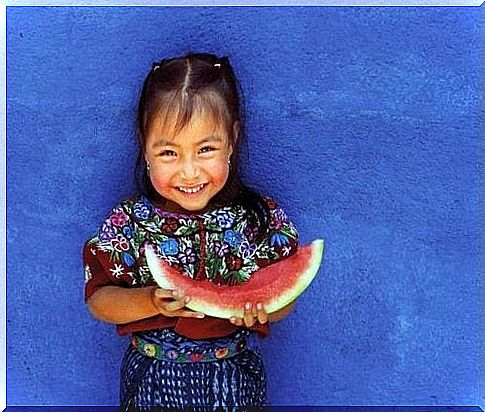
What should worry us about fruit juice?
Until now, there is no reason to claim that fruit juice is harmful to children’s health.
However, there is some concern about the risks of excessive consumption of this product. Although there is insufficient evidence to believe that it is convenient to limit its consumption, specialists have revealed that it could harm children’s health.
The main cause for concern regarding this food is sugar, as, as far as we know, the pleasant taste that children experience for this product is its sweetness. We can undoubtedly say that sweets represent a risk, especially if you overdo their consumption, but the same goes for sweet drinks, although they are of natural origin.
In this regard, it is well known that natural fruit sugar is not as harmful as the processed one.
If taken in excessive proportions, it could still be harmful. For example, it is believed that this product can cause a dietary imbalance or cause diarrhea.
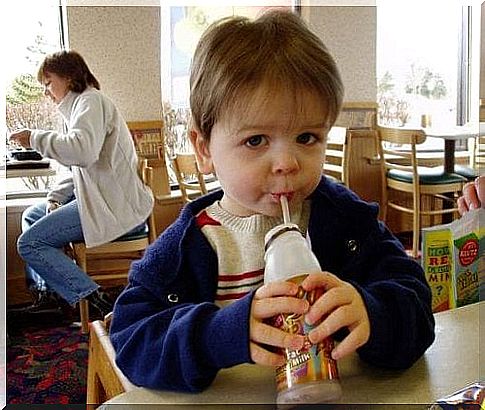
Pediatricians fear that potential malnutrition could be an effect of giving too much juice to babies.
In fact, the consumption of fruit can decrease the appetite of children; although parents may believe that children are eating, in reality they are not receiving the nutrients necessary to supplement their diet.
At the same time, the particular characteristics of each juice do not allow it to contain all the essential elements to ensure good nutrition. They lack the necessary amounts of fat, protein, most vitamins and, in the case of commercial juices, fiber.
In addition, carbohydrates present in the form of sugars can cause malnutrition and other problems such as:
- Overweight
- Diarrhea
- Flatulence
- Abdominal pain
- Caries
Estimated consumption by age
The consumption of this natural food must be regulated, but the quantity depends on the age of the child. In this sense, the American Academy of Pediatrics recommends establishing limits in the consumption of this product based on the nutritional needs, the weight of the child and other characteristics related to his age.
Consequently, according to the regulation proposed by the experts, children should consume fruit juice following the following criteria:
- Babies younger than six months should avoid consumption, particularly as breast milk is the only food they should consume at this stage. It is therefore considered a serious mistake to give a bottle with fruit juice to quench thirst or hunger in this phase.
- Babies between twelve months and six years old should not consume more than one glass per day. So giving it more than 200 milliliters a day can be considered excessive.
- After the age of seven, children can take two glasses a day, but exceeding this dose is still considered an excess.
- It is also not recommended to consume fruit juice before going to sleep or as a treatment in case of dehydration.

